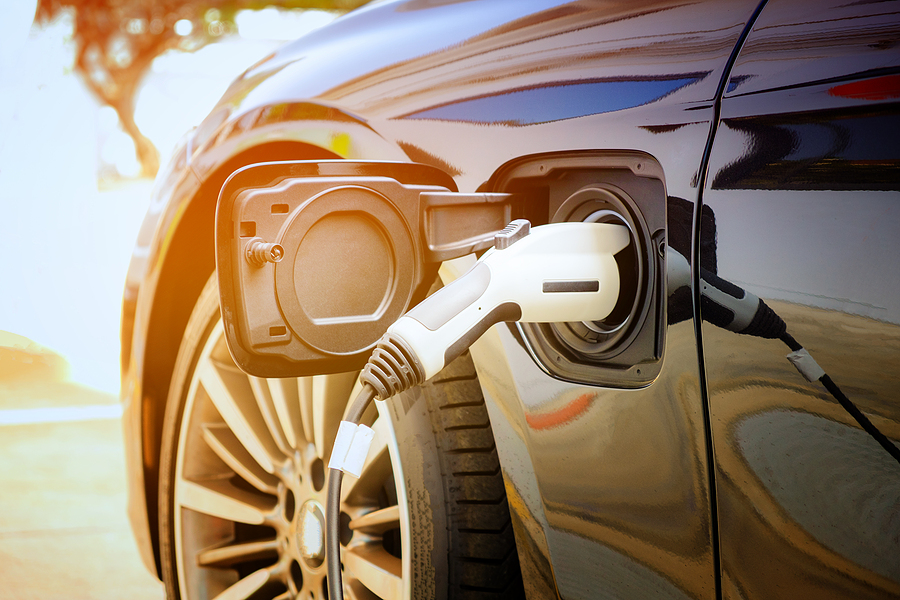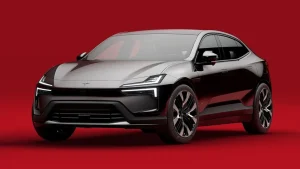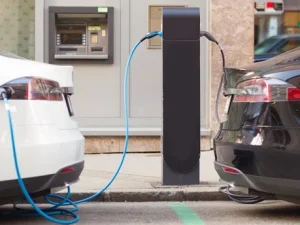Introduction
Imagine driving a car that not only saves you money but also helps save the planet. Electric cars are revolutionizing the way we think about transportation, offering both environmental and economic benefits. This guide aims to provide a comprehensive overview of what you need to know before making the switch to an electric car. From understanding the different types of electric vehicles (EVs) to analyzing real-life testimonials, we’ve got you covered. Read on to make an informed decision and join the eco-friendly driving revolution.
Why Choose an Electric Car?
Environmental Benefits
One of the most compelling reasons to switch to an electric car is its positive impact on the environment. Unlike traditional gasoline-powered vehicles, electric cars produce zero tailpipe emissions. This means less air pollution and a smaller carbon footprint. Given the current state of our planet, reducing greenhouse gas emissions is more crucial than ever. By choosing an electric car, you are making a conscious decision to contribute to a cleaner, greener world.
Economic Savings
Electric cars are not just good for the environment; they are also good for your wallet. While the initial cost might be higher, the long-term savings are significant. Charging an electric car is cheaper than filling up a tank with gasoline. Additionally, electric cars require less maintenance as they have fewer moving parts compared to traditional vehicles. Think fewer oil changes and brake replacements, which translates to more savings over time.
Government Incentives
Many governments around the world are offering incentives to encourage the adoption of electric vehicles. These incentives can range from tax credits to rebates, making the initial purchase more affordable. In the U.S., for instance, federal tax credits can go up to $7,500. Some states offer additional incentives, including reduced registration fees and access to carpool lanes. It’s worth checking what incentives are available in your area to maximize your savings.
Types of Electric Cars
Battery Electric Vehicles (BEVs)
Battery Electric Vehicles, or BEVs, are fully electric cars that run on rechargeable batteries. They have no gasoline engine, which means they produce zero emissions. Popular models include the Tesla Model 3 and Nissan Leaf. BEVs require charging stations to recharge their batteries, and the range can vary depending on the model. Generally, BEVs offer a range between 150 to 300 miles on a single charge.
Plug-in Hybrid Electric Vehicles (PHEVs)
Plug-in Hybrid Electric Vehicles, or PHEVs, combine a gasoline engine with an electric motor. They can run solely on electricity for short distances and switch to gasoline for longer trips. This makes them a flexible option for those who are not yet ready to go fully electric. Popular PHEVs include the Chevrolet Volt and Toyota Prius Prime. While they do produce some emissions, they are still more environmentally friendly than traditional gas-powered vehicles.
How They Work
Both BEVs and PHEVs use electric motors powered by batteries. However, the way they recharge differs. BEVs need to be plugged into a charging station, whereas PHEVs can be charged through both plugging in and regenerative braking. Many electric cars also feature energy recovery systems that capture and store energy during braking, further extending their range.
Factors to Consider When Buying an Electric Car
Range
Range anxiety is a common concern among potential electric car buyers. The range refers to how far the car can travel on a single charge. It’s essential to consider your daily driving needs and choose a model that offers sufficient range. Most modern electric cars provide a range that covers the average daily commute, but it’s always better to have a buffer.
Charging Infrastructure
The availability of charging stations is another crucial factor. While home charging is convenient, having access to public charging stations can make longer trips more manageable. Check if your area has a robust charging infrastructure and consider models compatible with fast chargers for quicker recharges.
Incentives and Rebates
Take advantage of the various incentives and rebates available for electric car buyers. These can significantly reduce the initial purchase cost and make owning an electric car more affordable. Research the incentives offered by federal, state, and local governments, as well as those provided by electric utility companies.
Comparing Popular Electric Car Models
Tesla Model 3
The Tesla Model 3 is one of the most popular electric cars on the market. Known for its impressive range and advanced technology, it offers a range of up to 353 miles on a single charge. The Model 3 also features Autopilot, Tesla’s semi-autonomous driving system, making it a top choice for tech enthusiasts.
Nissan Leaf
The Nissan Leaf is one of the most affordable electric cars available. It offers a range of up to 226 miles and comes with various smart features, including ProPILOT Assist, which provides semi-autonomous driving capabilities. Its affordability and practicality make it a great option for first-time electric car buyers.
Chevrolet Bolt EV
The Chevrolet Bolt EV is another excellent choice, offering a range of up to 259 miles. It comes with a spacious interior and advanced safety features like Forward Collision Alert and Lane Keep Assist. The Bolt EV is known for its reliability and user-friendly interface, making it a solid option for families.
The Future of Electric Cars
Emerging Technologies
The future of electric cars looks promising, with numerous emerging technologies set to enhance their performance and convenience. Solid-state batteries, for instance, promise higher energy density and faster charging times. Wireless charging technology is also being developed, which could make charging as simple as parking your car.
Autonomous Driving
Many electric car manufacturers are investing in autonomous driving technology. Tesla’s Autopilot and General Motors’ Super Cruise are just the beginning. Fully autonomous electric cars could become a reality in the next decade, making transportation safer and more efficient.
Expansion of Charging Infrastructure
As electric cars become more popular, the charging infrastructure is expected to expand significantly. Companies like ChargePoint and Tesla are continually increasing the number of public charging stations, making long-distance travel more feasible for electric car owners.
Real-Life Testimonials from Electric Car Owners
Jane’s Experience with Tesla Model 3
Jane, a software engineer, switched to a Tesla Model 3 last year. She was initially worried about the range but found that the car’s 353-mile range was more than enough for her daily commute. Jane loves the Autopilot feature, which makes long drives more comfortable and less stressful. She also appreciates the cost savings, as she no longer needs to spend money on gasoline.
Mike’s Journey with Nissan Leaf
Mike, a small business owner, chose the Nissan Leaf for its affordability and practicality. He was impressed by how easy it was to charge the car at home and the various smart features that came with it. Mike has noticed significant savings on fuel and maintenance costs, allowing him to invest more in his business.
Sarah’s Switch to Chevrolet Bolt EV
Sarah, a teacher, opted for the Chevrolet Bolt EV for its reliability and safety features. She enjoys the spacious interior, which is perfect for her family. Sarah has also benefited from the federal tax credit, making the Bolt EV an even more attractive option.
Environmental Impact and Cost Savings Analysis
Reducing Carbon Footprint
Switching to an electric car can significantly reduce your carbon footprint. Traditional gasoline-powered vehicles emit a substantial amount of CO2, contributing to global warming. In contrast, electric cars produce zero tailpipe emissions, making them an eco-friendly alternative.
Long-Term Cost Savings
While electric cars may have a higher upfront cost, the long-term savings are considerable. Charging an electric car is cheaper than refueling a gasoline car. Additionally, electric cars require less maintenance due to fewer moving parts, leading to lower repair costs over time.
Government Incentives
Many governments offer incentives to encourage the adoption of electric vehicles. These incentives can include tax credits, rebates, and reduced registration fees. Taking advantage of these incentives can make owning an electric car more affordable and further enhance your cost savings.
Conclusion
Electric cars are not just a trend; they are the future of transportation. With numerous environmental and economic benefits, switching to an electric car is a smart and responsible choice. From understanding the different types of electric cars to exploring real-life testimonials, this guide has provided comprehensive insights to help you make an informed decision. Consider making the switch to an electric car and join the growing community of eco-conscious drivers. Your wallet and the planet will thank you.



